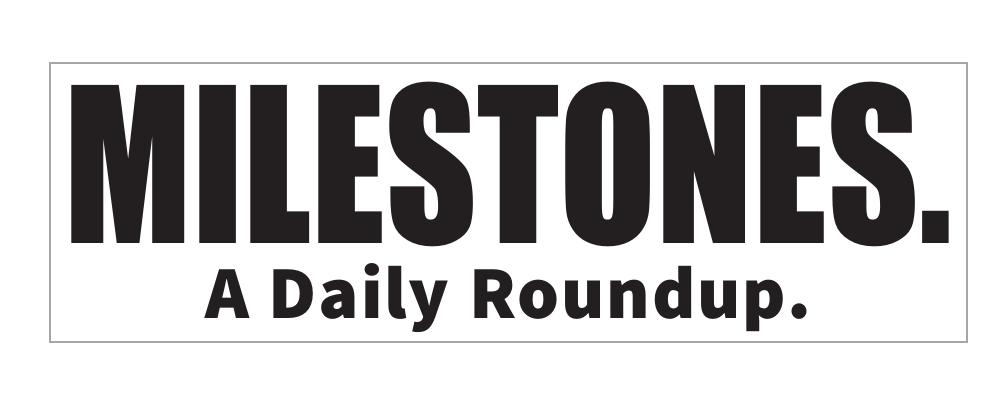Milestones: Monday, November 6, 2023

INTERNATIONAL — THE UNITED NATIONS GENERAL ASSEMBLY ON NOV. 6, 1962, ADOPTED A RESOLUTION CONDEMNING South Africa’s racist apartheid policies and calling on all its members to end economic and military relations with the country. Apartheid (from the Afrikaans word for “apartness), which lasted from 1948 to 1993, was government-mandated racial segregation against the non-white majority of South Africans. Apartheid required Black South Africans to live in segregated areas, disqualified and cut them off from political and economic opportunities. They were also forbidden from being present in white-only neighborhoods. The white, minority population wielded most of that nation’s wealth, land and power.
As some nations refused to cut off ties altogether with South Africa, it took decades of demonstrations and resistance to dismantle the apartheid laws, but many were repealed in 1990. President F.W. de Klerk, elected President during the height of the program, finally repealed the remaining apartheid laws in 1991 and expressed his commitment to writing a new constitution.
✰✰✰

Brooklyn Boro
View MoreNew York City’s most populous borough, Brooklyn, is home to nearly 2.6 million residents. If Brooklyn were an independent city it would be the fourth largest city in the United States. While Brooklyn has become the epitome of ‘cool and hip’ in recent years, for those that were born here, raised families here and improved communities over the years, Brooklyn has never been ‘uncool’.